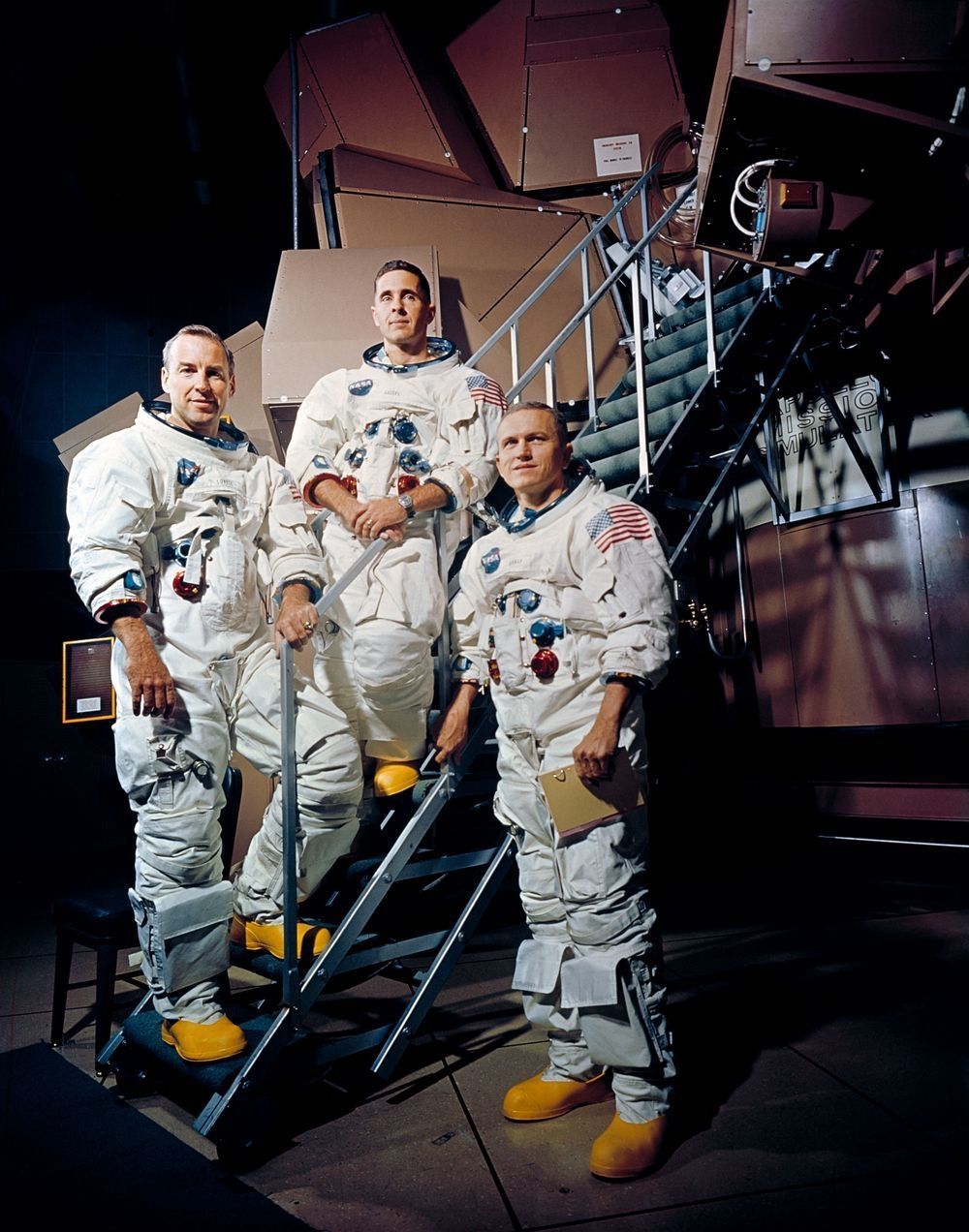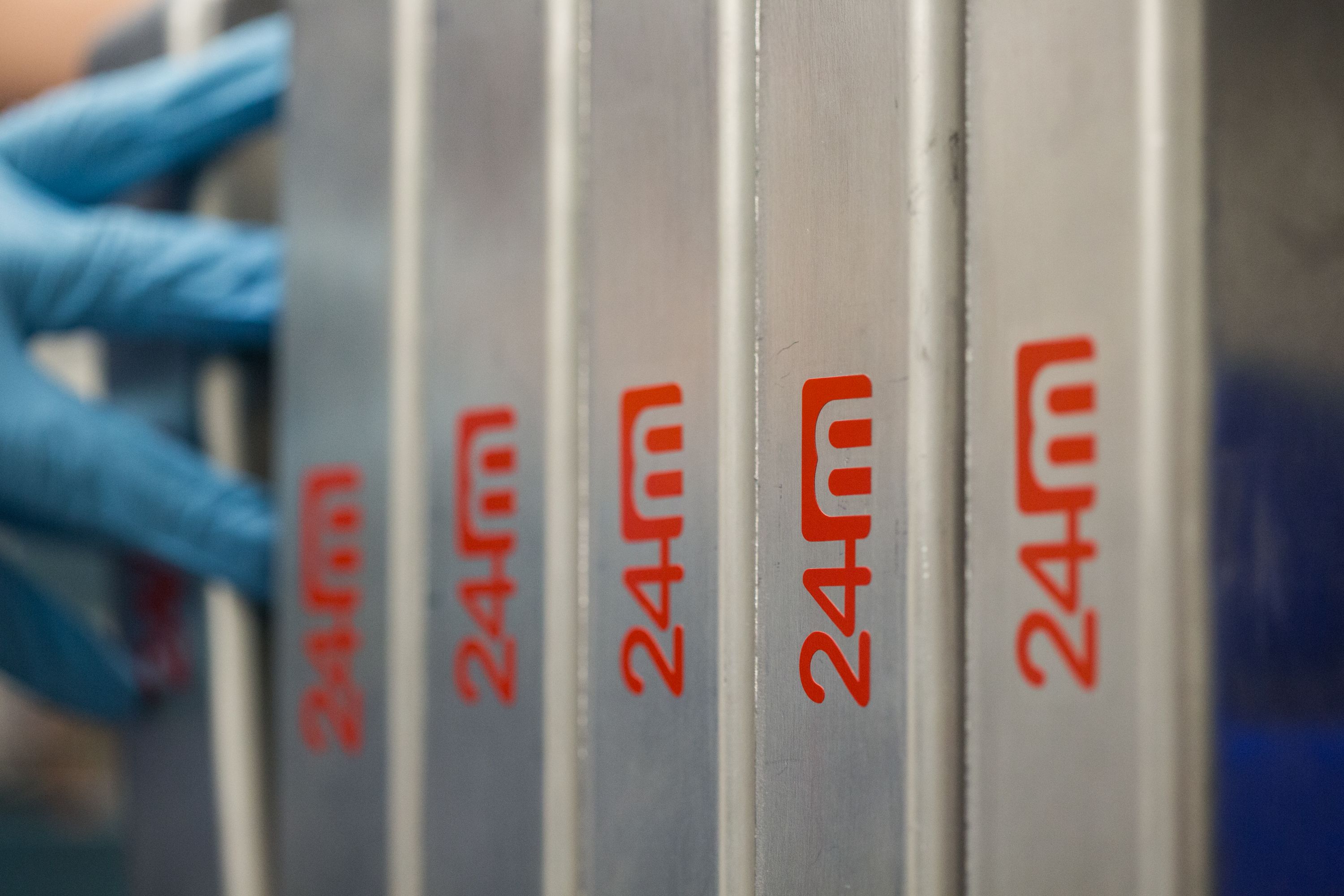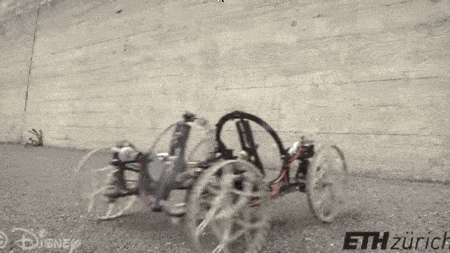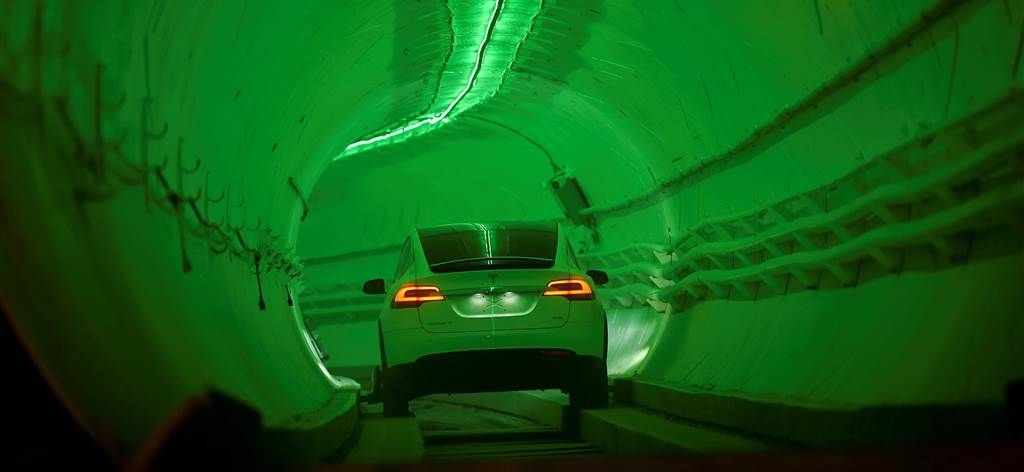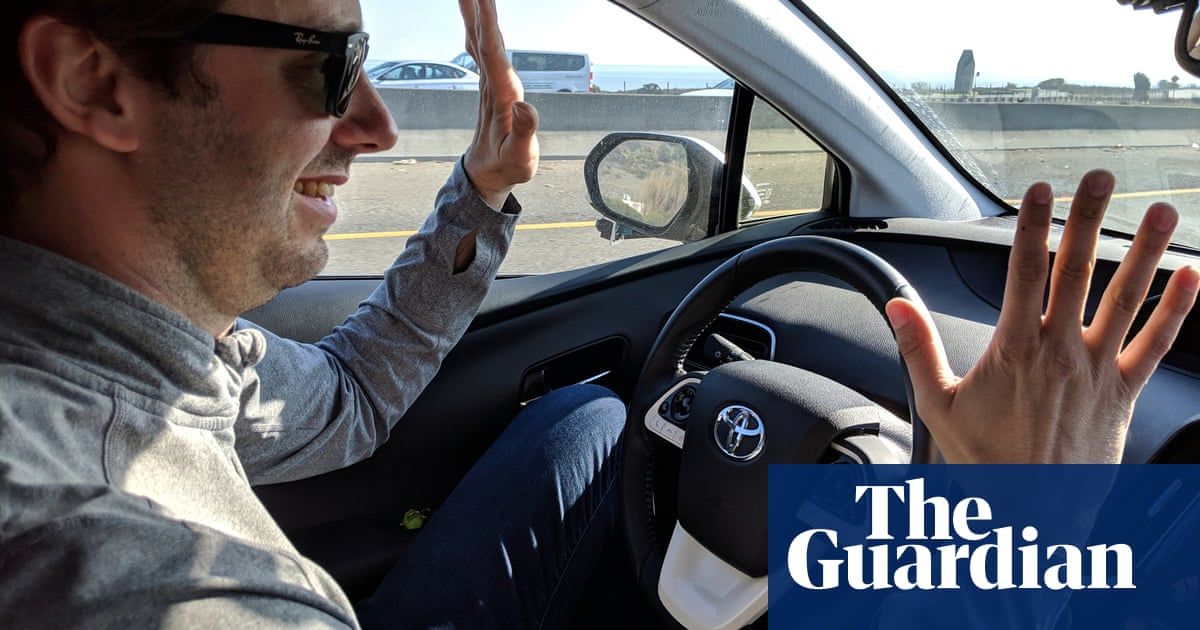Dec 23, 2018
2019: the year of moon missions, marijuana and mega-hub airports | The Economist
Posted by Derick Lee in categories: law, space, transportation
https://www.youtube.com/watch?v=Nkyql8ZyPL4
From groundbreaking moon missions to growth in the legal-cannabis market, 2019 will be year of new highs. Here’s what to watch out for in the year ahead.
Click here to subscribe to The Economist on YouTube: https://econ.st/2xvTKdy

